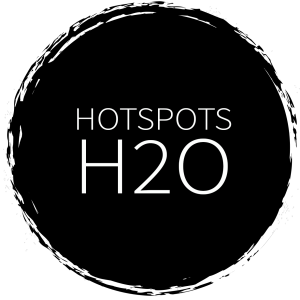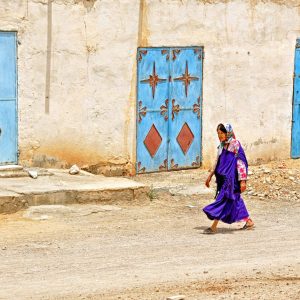The Stream, October 27: Australia Climate Report Charts Reductions In Rainfall
The Global Rundown
Australia’s biennial climate report shows that rainfall has declined in several key regions, while the prevalence of fire conditions has increased. Energy companies in Ecuador recently began extracting oil from beneath Yasuní national park, but the government says there is no environmental damage. In Colombia, communities near a large coal mine fear its expansion could contaminate or dry up water sources. The chief executive of the company behind the Dakota Access oil pipeline gave thousands of dollars to support U.S. presidential candidate Donald Trump. An association of water and sewage companies in the United Kingdom are calling for a stop to “flushable” wipe labeling.
“I would have loved to have come here in different circumstances, perhaps as a tourist, because I see how beautiful this country is and how well the people live here. I think, though, that most people here in Britain probably have no idea where their coal is coming from and what price comes with it.” –Luz Ángela Uriana Epiayú, who traveled to London to protest the expansion of the Cerrejón coal mine near her home in Colombia. Communities surrounding the mine are worried about the diversion of river water, water pollution, and air pollution. (Guardian)
By The Numbers
23,000 barrels of oil per day Amount extracted from beneath Ecuador’s Yasuní national park after drilling started last month. Drilling in the park, a Unesco biosphere reserve, has long raised concerns about deforestation and the pollution of water and soil, but a plan to keep Yasuní off limits to oil companies fell through in 2013. The government insists oil activities have not caused environmental harm. Guardian
$103,000 Amount the chief executive officer of Energy Transfer Partners, the company pursuing the controversial Dakota Access oil pipeline, has given to support the campaign of U.S. presidential candidate Donald Trump. Native American communities and environmental advocates are opposing the pipeline over concern that it could contaminate water supplies and damage sacred sites. Reuters
Science, Studies, And Reports
Rainfall has declined in southern Australia, and weather conducive to fires has increased across the country since the 1970s, according to the 2016 State of the Climate report released by Australia’s national science agency CSIRO and the Australian Bureau of Meteorology. In Southwest Australia, rainfall between May and July dropped 19 percent since 1970. In Southeast Australia, 16 of the past 20 years recorded below-average rainfall. The Conversation
On The Radar
Water UK, an organization representing water companies across the United Kingdom, called this week for stricter labeling standards for wet wipes, emphasizing that the products are not flushable. When wet wipes are sent down toilets into the sewer system, they can create large blockages or end up washed ashore on beaches. Guardian
A news correspondent for Circle of Blue based out of Hawaii. She writes The Stream, Circle of Blue’s daily digest of international water news trends. Her interests include food security, ecology and the Great Lakes.
Contact Codi Kozacek





